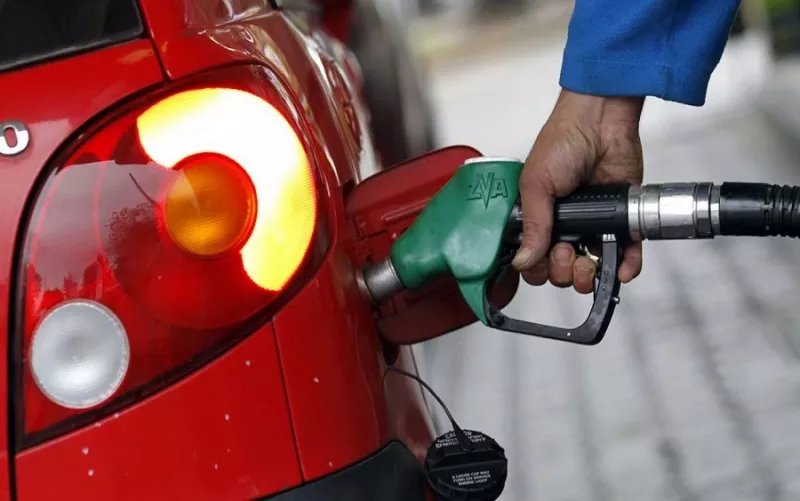What the World Bank economist is saying
Hernandez stated that the removal or not of fuel subsidies is Nigeria’s choice, citing that what the World Bank can do is lay the facts on the ground, inform and make sure that there is a political consensus that is ultimately well communicated.
He said, “What we see are the opportunities lost as a result of keeping petrol subsidies in place, we know the fiscal burden which is large and has been increasing,
“As a result, there are critical development expenditures that could be education, health or social protection, on infrastructure, that could help to promote growth but not taking place because Nigeria is deciding to subsidize petrol.
“What we put on the table right now are those opportunity costs, how our strategy could be played out so that there could real allocation of expenditure that promotes inclusive and sustainable growth.”
What you should know
Following the approval of a revised 2022 budget by the Nigerian Senate on Thursday, what was also amended was an upward review of the budget amount for Premium Motor Spirit (PMS) subsidy for 2022 by N442.72billion, from N3.557 trillion to N4 trillion
Also approved, is a new oil price benchmark of $73 per barrel, a reduction in the projected oil production volume by 283,000 barrels per day, from 1.883 million barrels per day to 1.600 million barrels per day




